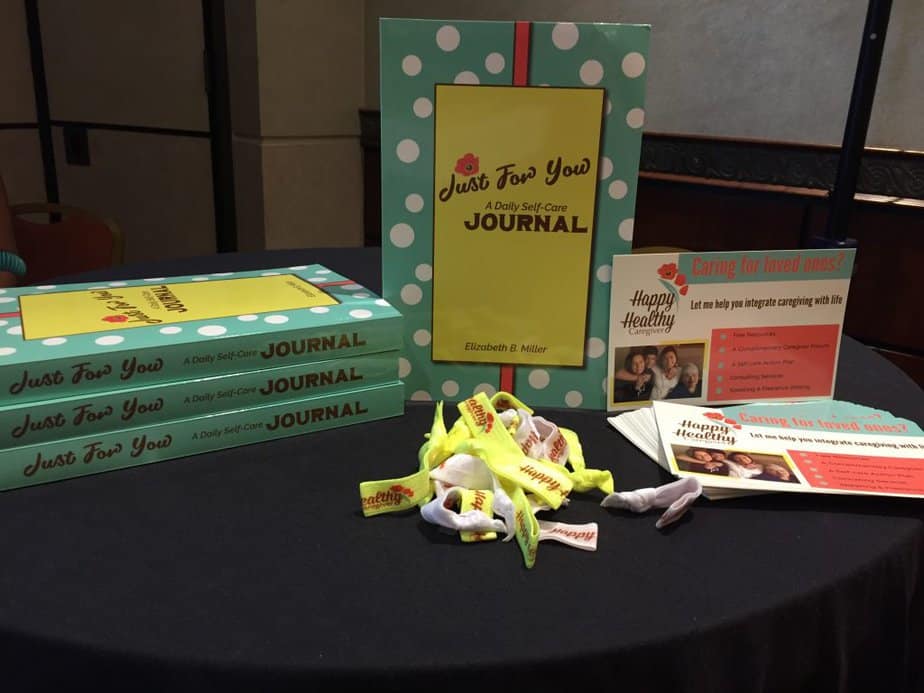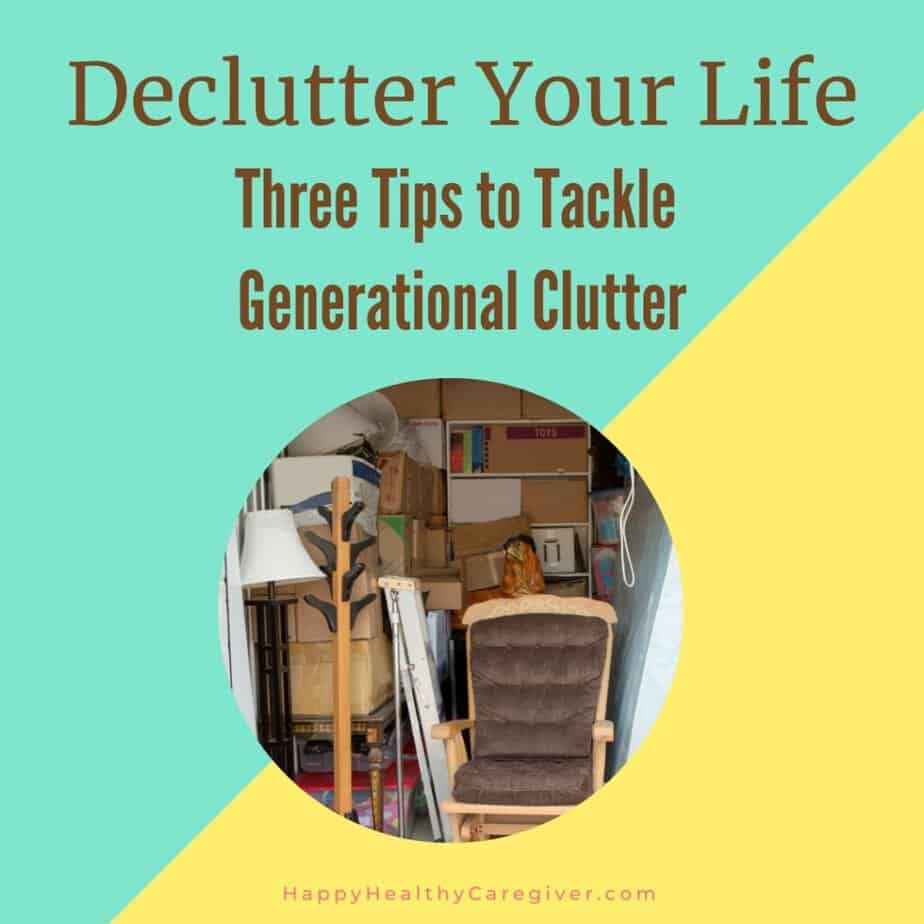A guest post written for Happy Healthy Caregiver by Annabelle Short.
Four years ago, on a hot summer evening, I sat in my porch waiting for my mom. It had been three hours since she went to pick my son from school. Normally, it took her 40 minutes to and from school, but of late, she was taking longer to pick my son and come back home.
When they finally showed up four hours from the time she left home, my mother looked confused, and my son had a pack of fries from McDonald’s. I asked my mom where they were for four hours, and she said they were having fun. I did not pry further since my mom had always been private.
Not only that, my mom was a banker before she retired. She enjoyed helping my son with mathematics home assignments, but of late, she would prefer him coming to me for help. I thought she was just tired, but I should have known better.
When my mom was finally diagnosed with dementia, it broke my heart. I wanted to believe that all she had was a temporary memory lapse, and she would go back to being who she had always been. Little did I know that everything was about to change.
Validation Therapy Was About to Be Part of My Routine
It was hard for me to accept that my mom had dementia. Sometimes, it would appear to me as if she was pretending not to remember things, and I would fear to lie to her.
Dementia care spet recommended validation therapy where, instead of arguing with my mom, I was to join her in her reality. If she believed she was young, I was to reinforce that. Three years down the line, I wish I had known that earlier because it would have saved me a lot of trouble.
Trying to explain facts and bringing my mom to understand my reality only brought confusion, anxiety, fear, and anger. Sometimes, my mom would pick up my handbag and say she fears she will be late for work. I had to ask her open-ended questions to bring her back to reality.
I Wished I Would Have Sought Help Earlier
I struggled with accepting that my mom had dementia. She was always jovial, she was always ordering us around, but now there she was helpless due to her dementia. Taking care of her was an exhausting and lonely job. I wanted to seek help from family and friends and sometimes seek in-home care, but that sounded like I’d be giving up on my mom.
Someone suggested respite care, but I thought that would be like giving away my mother. So, I soldiered on alone.
Later, when I decided to be open about my challenges and seek help, everything became so easy. I started by hiring an in-home caregiver who would help me when I wanted to take a break. I also have friends and family members who would come in and help take care of my mom.
Monitoring Systems Help A Lot
At her worst, my mom remembers her old life; she wants to go to work, buy groceries, visit a friend and even see her dad who died many years ago. She will leave the house and go wandering. Then she gets lost.
Though I had always found her when she got lost and didn’t know how to walk back home, I feared one day she may be lost for days. Wandering became common for her, mainly because there was nothing to occupy her time.
A friend of mine, who had taken care of her mom with dementia for six years, recommended a medical alert system. I bought an in-home alarm system called Bay Alert to remind my mom to take her medication and do other simple activities such as take her meals and take a shower. I also bought her a medical alarm watch and a traceable bracelet so I could monitor her movements and her vitals.
Even with Dementia, Patients Can Still Be Independent
At first, I had assumed my mom was helpless. I did everything for her.
She almost got used to me doing everything, but a spet told me I needed to let her carry out some activities on her own. Sometimes mom would complain that I do a lot for her and would insist on doing most things on her own. Doing everything exhausted me and occasionally made me feel bitter.
When I finally decided mom was not helpless and she could do a lot on her own, both our lives became easier and happier. My son also learned to work with my mom, and together, they would do a lot.
It’s Okay to Feel Guilty and Lonely Sometimes
The last thing I wish I knew is it is okay not to feel okay. Sometimes, I would feel lonely, and guilt would trip me up.
Sometimes I felt like I was failing my mom, like there are things I could have done that I didn’t do. I felt guilty, and at such moments, I felt lonely, and I was at the verge of giving up. I felt the dire need for a vacation, but no breaks were coming my way. Even with people all around me, I felt lonely. I would lock myself in my house and cry. This didn’t help the situation.
The truth is, there are times you will feel down, and all alone, but those times will pass. I learned to handle everything that came my way, even when I was feeling all alone.
During such moments, I learned how crucial it was for me to take care of myself. I discovered I needed to be close to my husband and my son even while my mom’s dementia progressed. I found I was able live a healthy life and take care of my mom.
Annabelle Short is a primary caregiver for her mother with dementia, and professional seamstress. When not working, she’s spending time with her family or putting pen to paper for her own personal pursuits. Annabelle is passionate about dementia care and accessing the best caregiving resources.




